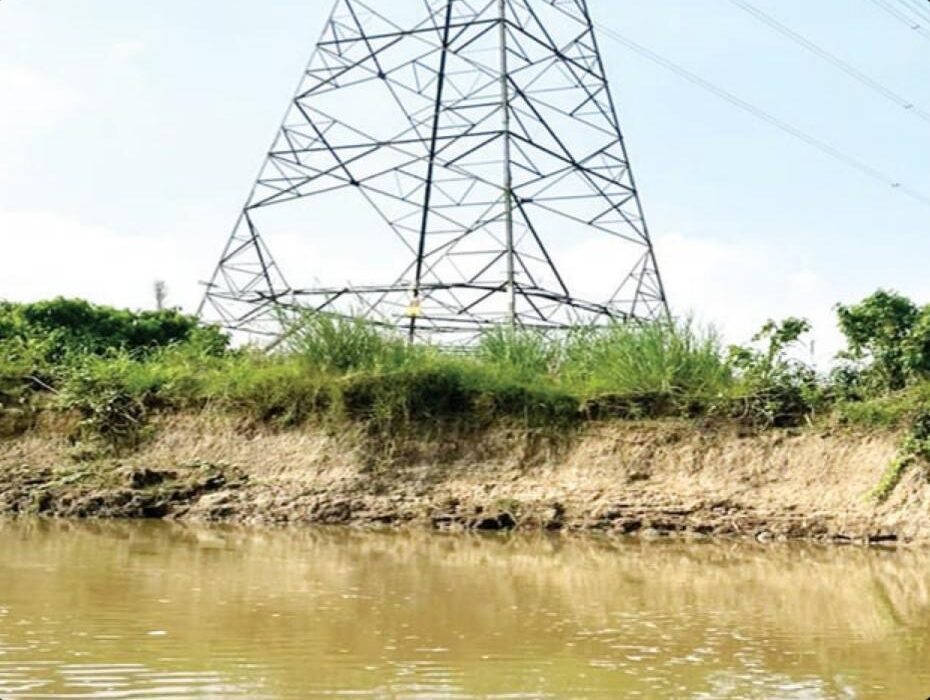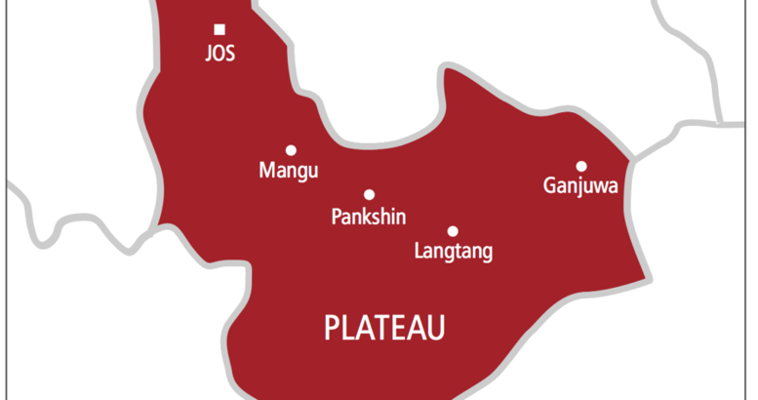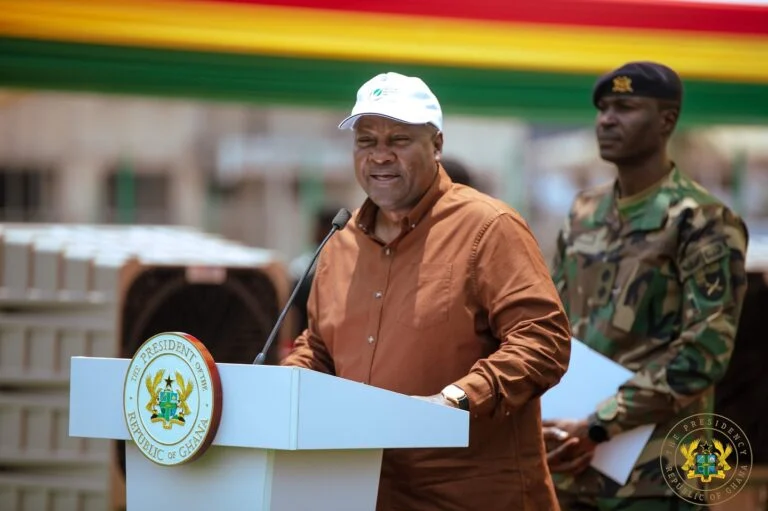Nigeria @ 65: Power Stakeholders Applaud Federal Government’s Assent to New Electricity Act

As Nigeria marks its 65th Independence Anniversary, power sector stakeholders have commended the Federal Government for signing the new Electricity Act into law, describing it as a landmark reform that could transform the country’s energy landscape.
The Act grants states, private investors, and local regulators greater authority to generate, transmit, and distribute electricity, a shift from decades of centralised control that limited subnational initiatives. Industry players say this move will boost investment opportunities, encourage renewable energy projects, and accelerate electrification in underserved areas.
Stakeholders, including generation and distribution companies, hailed the legislation as a milestone capable of unlocking state-led solutions to Nigeria’s electricity challenges. They noted that the decentralised framework would reduce dependence on the national grid while fostering innovation in small-scale and renewable power projects.
Despite the optimism, experts stressed that the law must be backed with effective implementation. They urged the government to address legacy debts that have hampered the sector’s financial stability and to create clear policies to attract private capital.
Consumer groups also warned that reforms must not translate into higher tariffs for Nigerians without tangible improvements in supply. Security analysts further advised that the success of the Act will depend on safeguarding power infrastructure from vandalism and sabotage.
The Office of the National Security Adviser has already engaged stakeholders on strategies to protect transmission lines and energy assets. State governments have welcomed the reform, with some expressing readiness to roll out policies and complementary legislation that would help them develop independent power projects tailored to local needs.
Analysts believe the Electricity Act could mark a turning point in Nigeria’s quest for stable power supply. However, they caution that without strong political will, transparent implementation, and consumer protections, the reform risks becoming symbolic rather than transformative.
At 65, Nigeria faces the test of translating legislative progress into practical solutions for millions still living in darkness, with the new Act offering a renewed chance to deliver the long-promised stable electricity.









